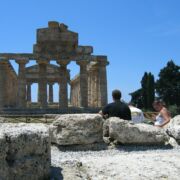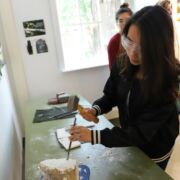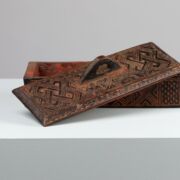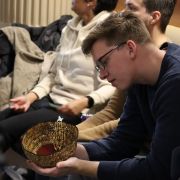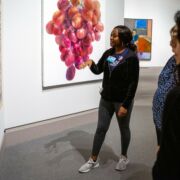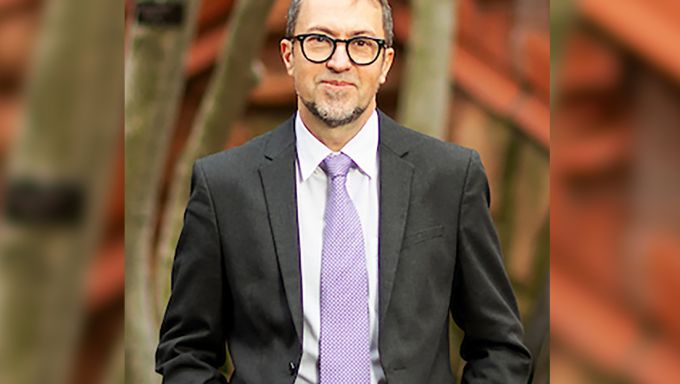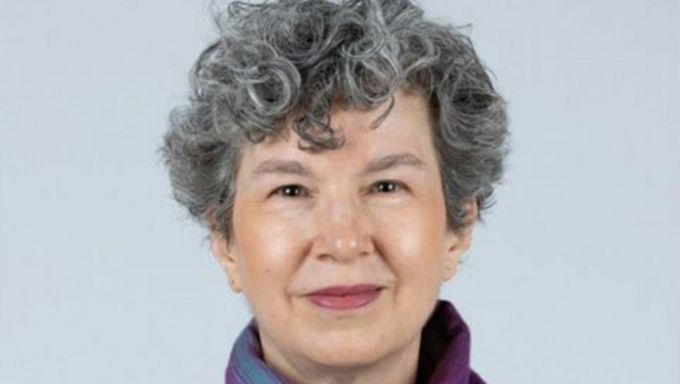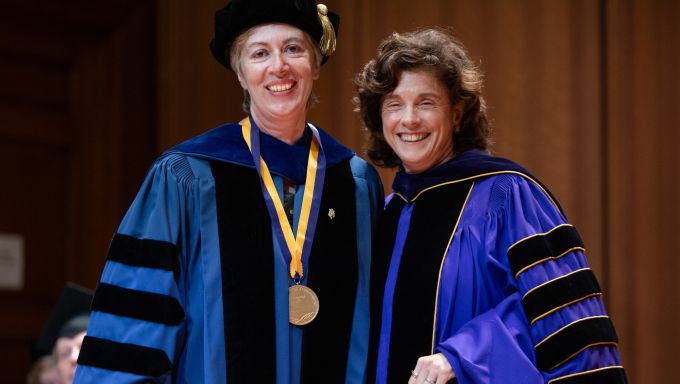Department of Art History
Historical and interpretive studies
A Humanities Major in the Arts
Students can major or minor in art history, pursue a minor in architectural history, or work toward earning a museum studies certificate. Students have the opportunity to hold internships or assistantships at Penn State’s Palmer Museum of Art, known particularly for its strong holdings in American, African American, and contemporary art.
Advanced Studies with Renowned Scholars
Our M.A. and Ph.D. programs provide candidates with the opportunity to pursue advanced study directly with renowned scholars. The department’s faculty are internationally recognized scholars and critics known for their dedication to their students.
Contact
Department of Art History
240 Borland Building
University Park, PA 16802
814-865-6326
814-865-1242 (fax)
Robin Thomas
Head of the Department of Art History
Erica Nodell
Administrative Support Coordinator, Department of Art History
Connect
Art History Annual Newsletters
Center for Virtual/Material Studies
- Carolyn Lucarelli, Manager
- Catherine Adams, Digital Support Specialist
Events
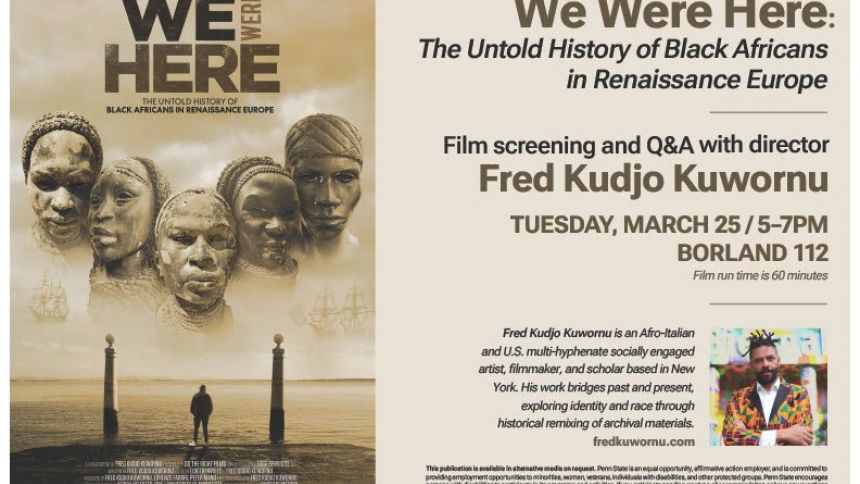
The Harold E. Dickson Lecture Series presents director Fred Kudjo Kuwornu
You are invited to the film screening of We Were Here and Q&A with director Fred Kudjo Kuwornu
112 Borland Building
Tuesday, March 25, 2025, 5p.m.
Featured Research
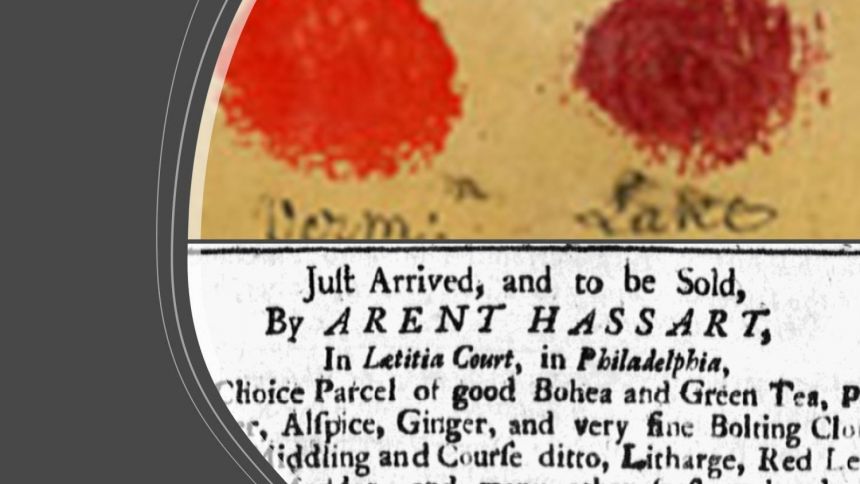
"Kress Foundation grant to support collaborative research on pigment trade"
Sarah K. Rich, Associate Professor of Art History, and the Center for Virtual/Material Studies (CVMS) at Penn State have been awarded a Kress History of Art Grant of $20,000, along with supplemental funding from Penn State University Libraries, to facilitate research into the transatlantic trade in pigments from the mid-18th century to the mid-19th century.
The grant will support a collaborative research project titled “The Political Economy of Colorants in the Atlantic World, 1750-1850.” The project aims to uncover the economic and political contexts of the colorant trade in the Americas, Europe and Africa, highlighting the relationships among artists and different trades while also situating colorants in the context of indigenous-settler relationships and the slave trade. Colorants are dyes and pigments used for coloring materials.
Learn More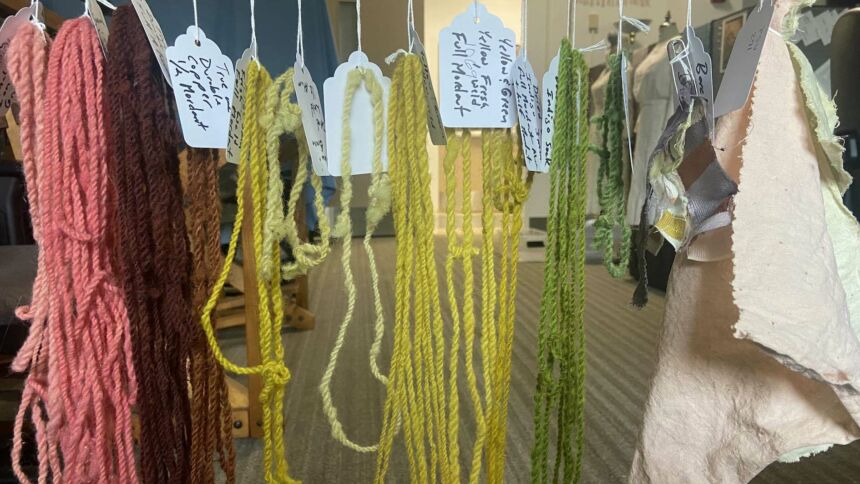
Dyestuff: Historical Materials of Color
What do wheat bran, hydrangea branches, oak galls, safflower petals, lotus pods, nutritional yeast, snails, coal tar, and mud have in common? They have all been used to make cloth colorful. Come examine these materials, and learn how they have produced extraordinary colors throughout history and around the world.
Dr. Sarah Rich is Associate Professor of Art History and co-curator of the exhibition Sad Purple and Mauve: A History of Dyes, on view until January 6 at PSU’s Eberly Special Collections Library at University Park.
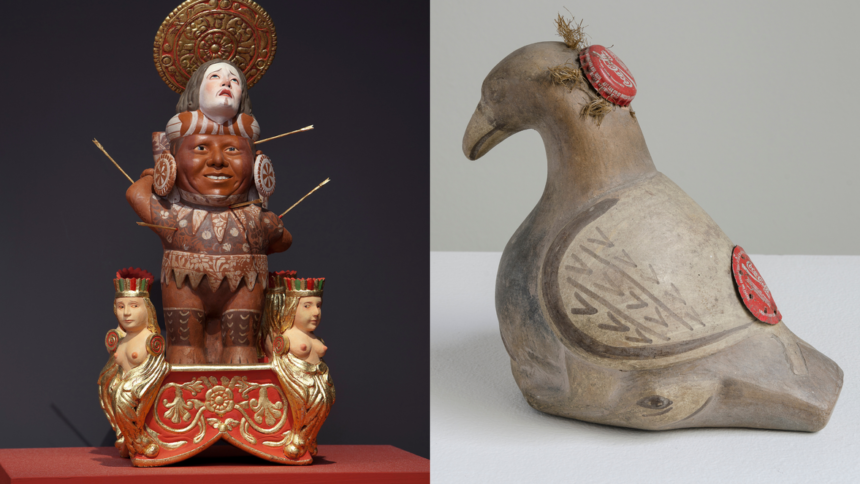
Collecting the Andes
Amara Solari, professor of art history and anthropology, and Christopher Heaney, assistant professor of history, are working together on the three-part project celebrating Andean peoples and their art, culture, science, and history
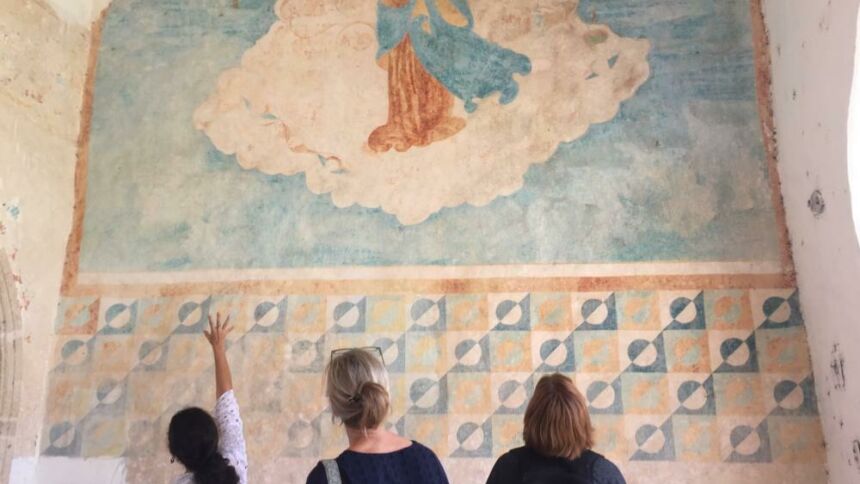
Amara Solari Featured in Research | Penn State
Amara Solari and colleagues have scoured the Yucatán peninsula to document and preserve religious murals painted by Maya Christian artists more than 400 years ago, pairing art history with cutting-edge materials science to gain important new insights about these fragile artworks.
Learn More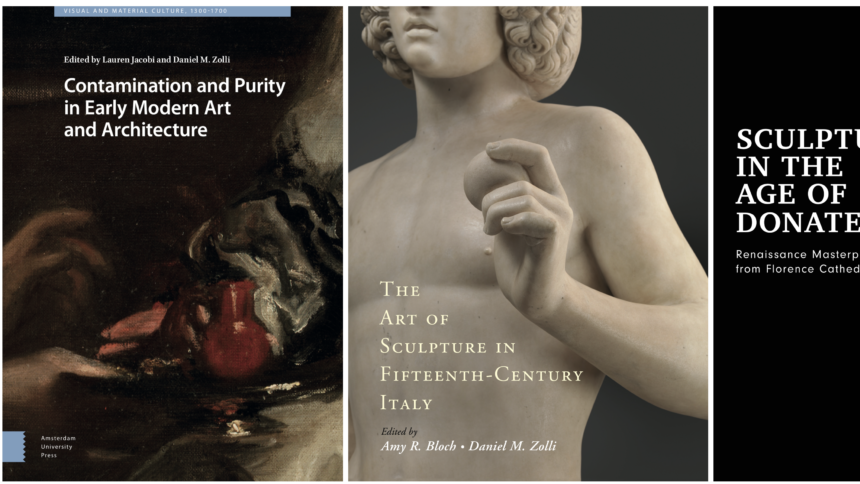
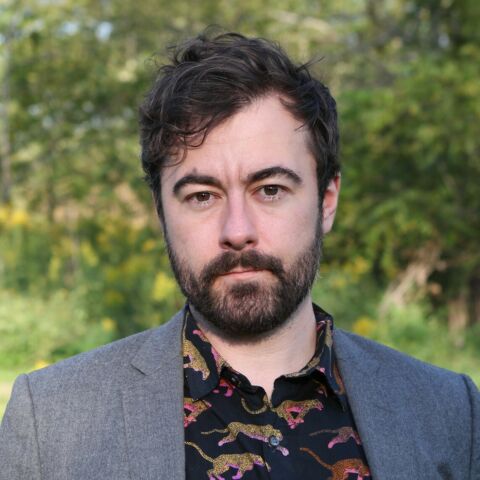
faculty spotlight
Daniel Zolli
Daniel Zolli (he/him/his) is a scholar of early modern European art, with a focus on art in 14–16th-century Italy. His research interests include the materials and techniques of art; workshop practice; art’s theorization in oral tradition and popular folklore; and its interfaces with law. His current book project, entitled Donatello’s Promiscuous Technique, examines that sculptor’s life-long preoccupation with material experimentation. It argues that Donatello cultivated a practice, and a professional persona, willfully at odds with period efforts to locate sculpture among the “liberal arts.” Donatello took his models instead from cunning enterprises aimed at transforming or dissimulating matter (e.g., prestidigitation, cosmetics, alchemy, idolatry, counterfeiting, adulteration), staking his authority on an ability to deceive viewers, and cloud their judgment, through a near-elemental craftiness.
Centers and Venues
Our broad program offerings are supported by rich research, archive, and display spaces.


alumni spotlight
Ryan Jacobs
Ryan Jacobs is a College of Arts & Architecture Alumni that graduated in 2016 majoring in Art History with a double minor in Architectural History and Architecture Studies. Upon graduating Penn State he enrolled at Virginia Tech to attain a Master’s in Architecture. His thesis, “The Troupes of Theatre”, combined both of his passions for architecture and theatre. After finishing his graduate studies, returned to PA and works at PWWG Architects in downtown Pittsburgh.
